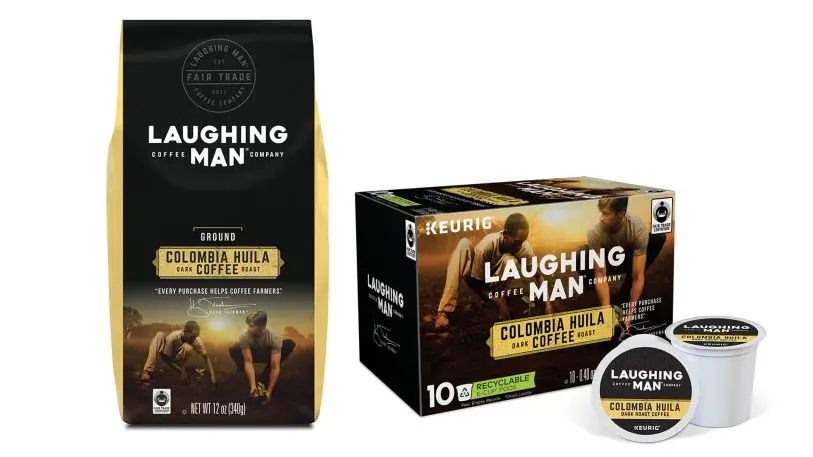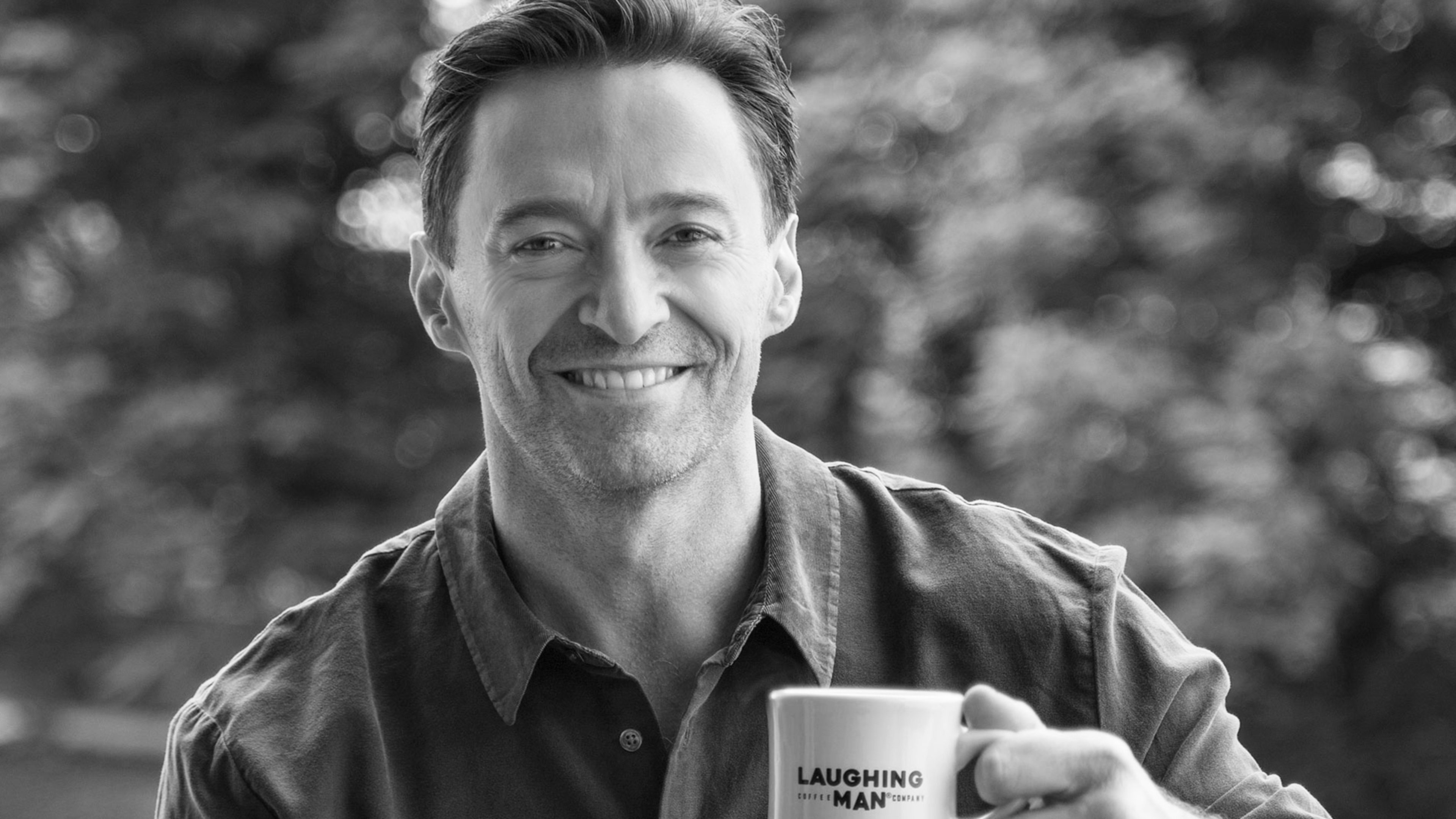Years ago, before ever setting out to improve the world, actor Hugh Jackman decided to become the self-appointed understudy of another famous actor turned social entrepreneur: the late Paul Newman. In the 1980s, the Cool Hand Luke icon slapped his name and face on the side of salad dressing and announced he was giving all the profits to charity. Newman’s Own has since become a model for how so-called philanthropic enterprises should be run: It’s expanded to more food products and donates around $30 million annually to hundreds of charities.
Jackman read Newman’s book Shameless Exploitation in Pursuit of the Common Good. He met privately with famed social entrepreneur, Nobel Prize winner, and microfinance champion Muhammad Yunus, who encouraged him to start a business. At one point, he spotted a similarity: Newman’s Own started with a homemade recipe that Paul Newman made and friends raved about. Jackman felt a similar passion for coffee, but was actually pretty concerned about how it got made. “I love my coffee so I want it to be good,” he says. “I want it to be high quality. I also want to know that it’s nourishing the people who work to plant it, to harvest it, to roast it.”
So in 2009, he traveled to Ethiopia with World Vision, a Christian humanitarian group that invests in ways to build stronger communities against poverty and injustice in the developing world. Jackman’s plan was to shoot a documentary about the impact of Fair Trade certification on coffee growers there, but after connecting with a local farmer named Dukale, he decided to also launch his own philanthropic enterprise to expand the marketplace for small farmers.

It is also expanding, with Jackman going full-Newman in his marketing tactics. During a social entrepreneurship talk at South by Southwest on March 12, the actor announced that Laughing Man has added a line of bagged coffee, along with rebranded packaging. All bags and K-Cups will now feature Jackman kneeling in a coffee field alongside Dukale (and a bolder font with the company name stacked in a way that’s almost smiley).
Laughing Man will also become the first brand in the U.S. to gain access to that company’s recyclable K-Cup design. Keurig is kicking off that announcement with promise to match all of the revenue that the new K-Cups of its subsidiary generate for charity over the next 30 days. There are four varieties, including one called Dukale’s Blend, available online and at major retailers like Kroger, Target, and Walmart.
K-Cup pods have received a lot of justifiable criticism because they’re made with polycarbonate plastic, which isn’t accepted by many local recycling services. The new design uses polypropylene (like what yogurt containers are made from). Nearly all of Canada’s K-Cup pods should switch over by the end of 2018, while the U.S. market is expected to complete the process by 2020.
Laughing Man Coffee seemed like a good product to debut with because it’s a “premium, mission-driven brand” says Katie Gilroy, a Keurig spokesperson in an email to Fast Company. “[A]s we evaluated the brand refresh we felt it was important that its sustainability message was also reflected in the pod design.”
Initially, the company donated all of its profits to World Vision. In 2017, it formalized the Laughing Man Foundation, which allows the group to be more active in how its money is managed and distributed. While the company declined to share financial information, the foundation has committed to improving at least 100 homes and providing 40 college scholarships to members of a coffee-growing cooperative in Huila, Colombia, this year.
That impact will likely be magnified with the widespread release of its brew-at-home options. Either way, Jackman has bet that a strong brand can outlive any short-term pleas to “donate now” during some big-box office run. That’s Newman 101. “The power of his philanthropic efforts live way beyond him,” Jackman adds. “I believe all of us have a civic duty to really help our community any way we can. And so this just seemed the most practical and powerful and fun way to do it.”
Correction: This article has been updated to note that Laughing Man was acquired by Keurig in 2015, and that Keurig does not donate 100% of the profits from Laughing Man to charitable cause.
Recognize your brand’s excellence by applying to this year’s Brands That Matter Awards before the early-rate deadline, May 3.
